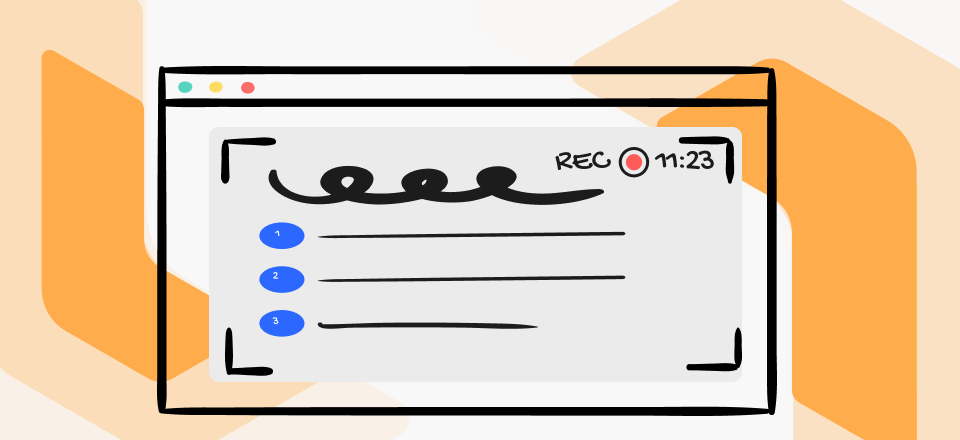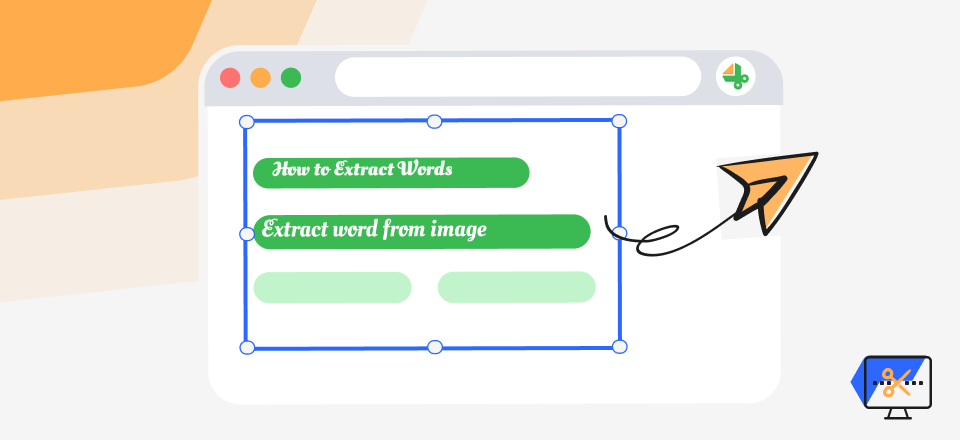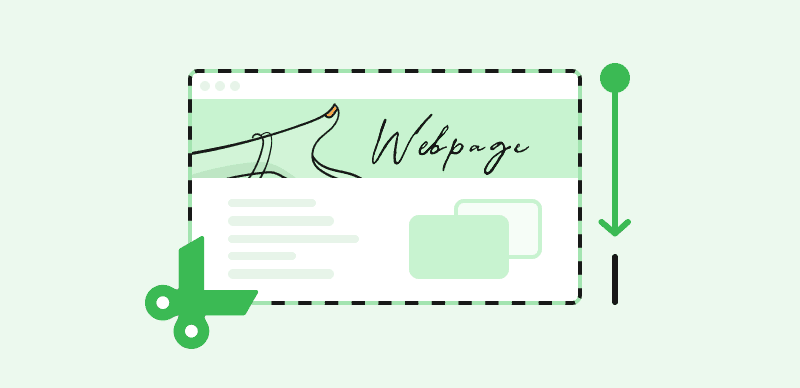Using images to illustrate your home page and various content pages is a savvy practice that typically leads to better engagement and more traffic. The only problem is how to find suitable pictures that can be deployed in a commercial setting without infringing on copyrighted material.
While there are numerous images available for download on the internet, putting some of them on your website could be risky if you don’t know their copyright status. Only images that were released under permissive licenses can be used without reimbursement, and even then there are significant limitations.
For users who are not properly educated about image licensing and related issues, we will try to explain the basics and provide some practical advice regarding the use of images from the internet on a company website or personal blog.
Also Read: How to Legally Use Pinterest Images on Your Website >
What is Copyright?
Broadly speaking, copyright pertains to the rights granted to the author of any work of art, including images such as photographs, illustrations, graphic design, etc. Copyright holder can decide how the said work may be utilized and is entitled to compensation if the work is leased or sold to third parties.
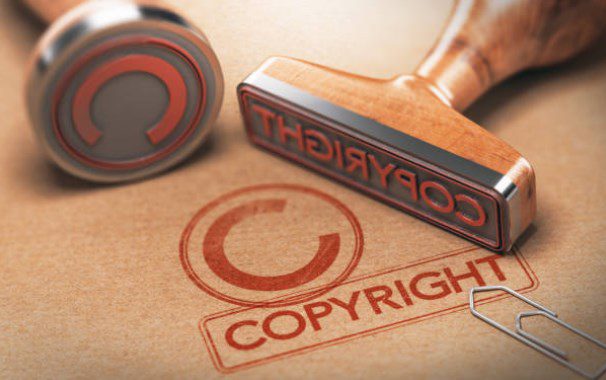
What is a Copyrighted Image
Proof of authorship is sufficient to establish copyright, so there is no need for creative professionals to officially register each image with any institution. They may post images on their own website, media sharing platforms, or anywhere else but they don’t relinquish their rights by publicizing their work.
In practice, this means a vast majority of images you can find online are someone’s property. While copyright owners may ignore when their pictures are posted casually on social media or used with proper accreditation, they may object to any attempts of commercialization or self-promotional use.
Also Read: How to Export Figma to HTML >
Tips to Use Internet Images Legally
Despite the restrictions imposed by copyright laws, it may still be possible to legally deploy some images from the web on your website if you follow the correct procedure. Experienced website builders and content creators discovered some situations in which it’s permitted to use images found online, so it’s worth considering whether you could take a page out of their book. Here are a few possible courses of action you can take:
Search the web for royalty-free images
Some photographers and designers release their work under licenses that allow for fair use, so duplication is allowed if there is no intention to make money. In particular, Creative Commons and GNU licenses represent agreements that make it possible to use the images without payment and particularly without the ongoing obligation to pay royalties going forward. Keep in mind that only a minority of images on the web are royalty-free and even those typically can’t be used in a corporate context.
Ask the author for permission
If you are feeling that an image you don’t have copyright to is perfectly expressing what you have to say, you might want to talk to the author about collaboration. At the very least, you would have to credit the author but if he likes your project he might be willing to waive the licensing fee. Again, this might work for artistic or public service projects, but will rarely be viable for a corporate website that creates revenue through sales associated with the used image.
Consider buying stock images
A wealth of images in all styles is available at online repositories like iStock and Shutterstock that sell the right to use them at a very affordable price. Platforms of this kinds feature almost unlimited number of images, so you are nearly certain to find exactly what you are looking for. Most of the images you can find cost less than $1 and can be used on a business-oriented website, so this could be a tremendous investment that boosts your traffic volume without burdening your budget.
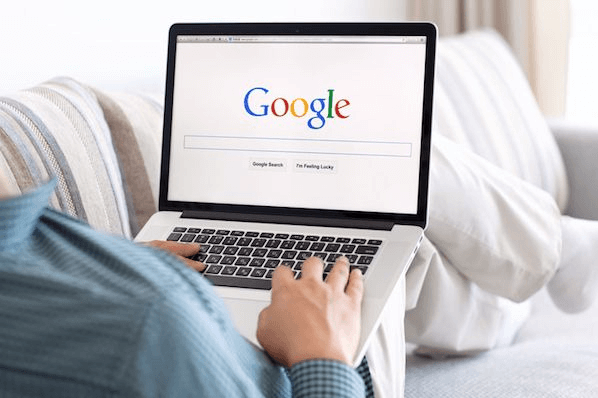
Rules for Using Images from Website
Use old images with expired copyright
Copyright lasts for a long time, but eventually expires which results in the image being released to the public domain. The duration is set as lifetime of the author + 70 years, so only very old photos made before or immediately after World War II fit this description. If you can find meaningful use for old photos on your site, you would be entitled to choose between the works of leading creative artists of the era without any restrictions.
FAQs about Using Internet Pictures on Your Website
Is it possible to download high-resolution images from the internet for free?
Vast majority of images you can find on Google are optimized for the web, which means they are usually downgraded from their original size and resolution. High resolution photos are rarely available for free and can typically only be purchased from the author’s official website or an online stock library.
What happens if I use images from the internet on my site without permission?
In some cases, nobody might react to the transgression but if your website receives a large amount of traffic and generates lots of revenue it’s likely that the authors will notice it and respond. The first step is the warning to remove the offending content, after which legal action may be taken or Google could be notified of the situation and penalize your website in search results.
How to check whether an image is protected by copyright?
There are a couple ways to ascertain the authorship and the legal status of an image. Some pictures might be signed or include a watermark, while the author’s name is usually listed in the metadata. General rule is that if you are doubting that an image might be protected, it’s safer to avoid using it.
Final Considerations
Anyone wondering can I use pictures from the Internet on my website should be warned that careless copying of images without checking their copyright status is not a good practice and may result in financial damages. Most likely, the pictures you found with a simple Google search are owned by their authors and may not be publically used without explicit permission. You will have to work around these restrictions if you want to get your images for free, or alternatively you could invest a small sum of money and gain the legal right to use the purchased images in perpetuity.

